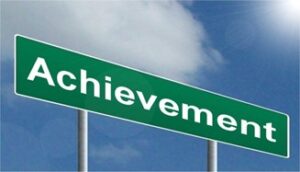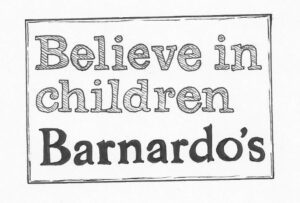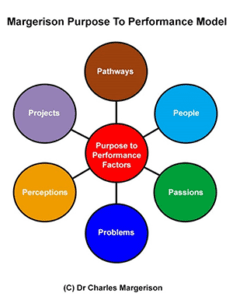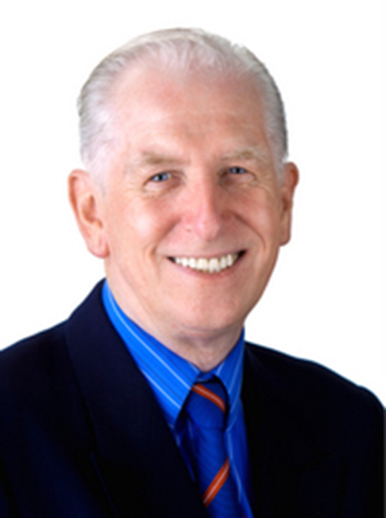By Dr Charles Margerison
Psychologist
I have studied over 500 people who are acknowledged in their professions as leaders in medicine, science, literature, business, aviation, engineering and music. They were all high achievers, but with different social backgrounds, aptitudes, intelligence, skills and levels of education. The one thing they had in common was that they discovered a purpose to guide their endeavours.


These are four examples of those who found a personal purpose in their lives that inspired them to make extraordinary achievements. Others identified social, artistic, commercial and political purposes. As a result, they were motivated to develop a range of skills and abilities.
For example, Florence Nightingale and Mary Seacole joined frontline fighters to save lives through nursing. Louis Pasteur and Marie Curie became scientists, searching for cures to illnesses. Abraham Lincoln became a politician and worked to abolish slavery. Gandhi found his major purpose in life by leading India to independence.

Purpose is therefore a major factor influencing achievement. For some people, their major purpose is to provide food and shelter for their family. To do that, the individual may take a job that is of little interest, but helps them care for their family.
Having a purpose, over and above doing a task, helps us understand people’s patterns. For example, a person whose purpose is to become an athlete, and win races, will establish a training pattern.
All of this leads to a set of guidelines for action, to implement your purpose. For the sake of clarity and simplicity, the guidelines all begin with the letter P.
People, who we regard as amazing, converted their purpose into performance. Their purpose became a guiding light. Finding a meaningful purpose is therefore important for all of us, but especially for young people. In contrast, people without a defining purpose tend to drift.
Purpose is usually discovered rather than taught. However, in totalitarian dictatorships and religious sects, people are conditioned to believe their purpose is to fulfil their leader’s wishes. In democratic societies, the philosophy is that people are free to hear all views and choose those that suit their own lives.
So, where should personal purpose fit in the education of students?
Our approach is to provide students with practical opportunities to learn from the lives of amazing achievers. They all used their time well. In our work at Amazing People Schools, students can choose who they wish to meet, in a virtual sense, from a range of amazing people. They are exemplars of people who demonstrated great strength of character, and their stories and resources on the site support student wellbeing and character education. By investigating the life stories, students gain insights and inspiration. They learn how amazing people used their time well to achieve.
Through discussion and exercises, students are encouraged to apply the principles learned to their own lives. In the process, they learn to understand and develop their own purposes, projects, priorities, patterns of persistence and to improve their level of performance.
These are important ways to facilitate self development and identity. Students enhance their understanding of what they like and dislike by learning from the life stories of amazing people. In doing so, they move closer to choosing purposes that can make their own life more meaningful.
Purpose is therefore an integral part of both character development and wellbeing education in schools.
Seligman M – Flourish – Simon Schuster – 2011.
Frankl V – Yes To Life – Ebury Publishing – 2019.
Margerison C J – Amazing Careers – Amazing People Worldwide – 2016.

Dr Charles Margerison, President and founder of Amazing People Worldwide, is a Psychologist. He is also President of Amazing People Schools. Dr Margerison has consulted widely for major organizations in the fields of organizational and educational psychology. He was previously Professor of Management at Cranfield University, UK, and the University of Queensland, Australia. He founded Amazing People Worldwide in 2006 and is supported by a dedicated global team. He previously co-founded Emerald Publications, and Team Management Systems and has authored more than 30 books. Dr Charles is also the creator of ‘Can Do Kids Worldwide, a virtual music group that helps students to learn about countries and cultures through music. He has also developed Imagineland, for early learners. You can follow him on Linked in .
For more information, please email info@amazingpeopleworldwide.com
Websites:



Copyright © 2021. Amazing People Worldwide.
All Rights Reserved.
This site is protected by reCAPTCHA and the Google
Privacy Policy and Terms of Service apply.



